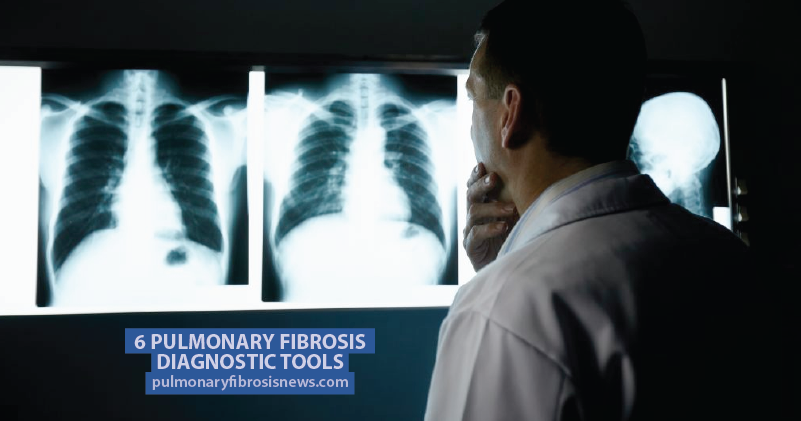-
6 Pulmonary Fibrosis Diagnostic Tools

Diagnosing pulmonary fibrosis (PF) is complicated. Symptoms can mirror those of other lung disorders like asthma, pulmonary hypertension or chronic obstruction pulmonary disease (COPD). Because of this, six different diagnostic tools are needed for an accurate diagnosis of PF, according to the American Lung Association.
1. Chest x-ray
Chest x-rays take a picture of the heart and lungs, which allows doctors to look for any shadows that may point to the presence of scar tissue.
2. Lung function tests
Patients are required to take a deep breath and then blow into a machine which measures the amount of air exhaled and the speed at which it’s exhaled. This helps doctors picture the level of lung damage.
3. Blood tests
Patients are asked to provide blood samples to check the levels of oxygen in the bloodstream and to see if there are any infections present. The levels of carbon dioxide and oxygen in a patient’s bloodstream can also be measured using an arterial blood gas test.
4. Lung biopsy
A lung biopsy is the removal of a small sample of tissue which can be studied to assess damage. This can be done either as a surgical procedure or during a bronchoscopy.
5. CT scan
In addition to a chest x-ray, doctors may request a high-resolution computed tomography (HRCT) scan which will show the lungs in better detail. This gives doctors more precision than regular x-rays.
6. Exercise testing
Another way to discover how well the lungs are working is to take an exercise test. Patients will be required to either walk on a treadmill or pedal on a stationary bike for a few minutes, which will allow doctors to see how well the lungs are delivering oxygen and removing carbon dioxide.
Did you go through all these to get your diagnosis? If not, how many did you have to go through? Share your experience below!
Log in to reply.
